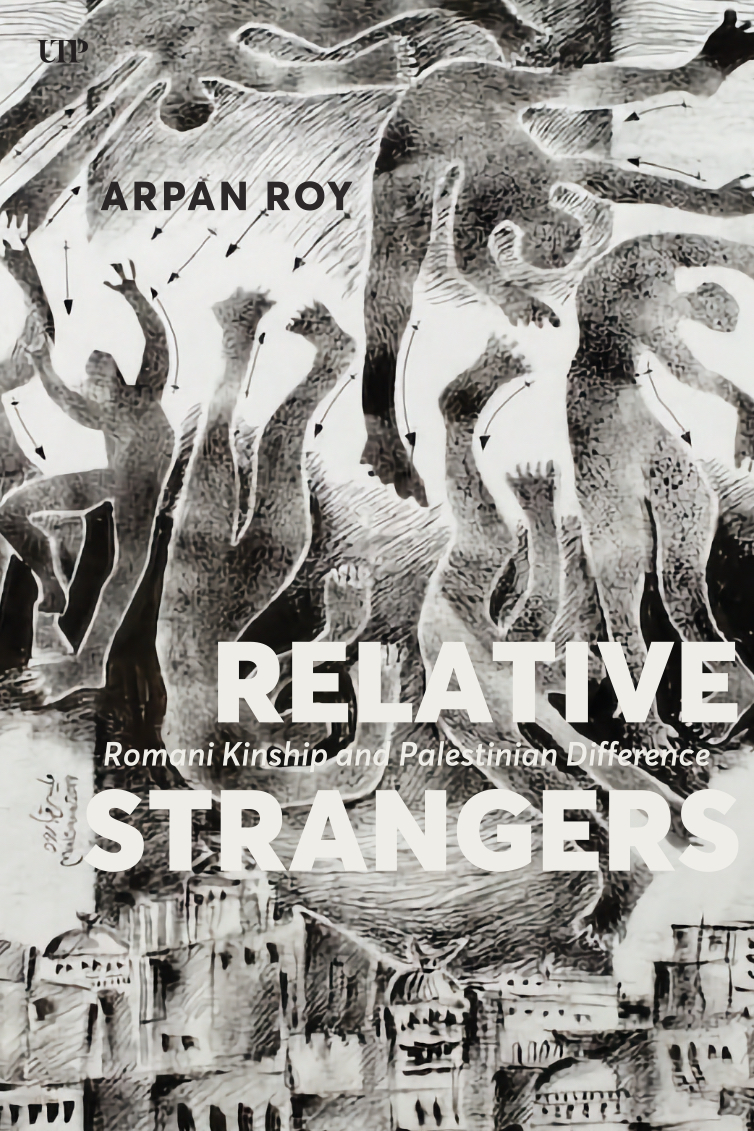Relative Strangers
|
Examining how memory, intergenerational transmission, and kinship work together, my first book—Relative Strangers—sheds light on Romani life in Palestine. I present an ethnographic portrait of Dom Romani communities living between Palestine and Jordan, zooming in on everyday life in working-class neighborhoods, and under conditions of perpetual war and instability. The book focuses on how Doms are able to sustain ethnic difference through kinship, even when public performances of difference are no longer emphasized; a kind of alterity that is neither visible by obvious markers like race or religious difference, nor detected by the antennas of the state. Drawing on long-term ethnographic fieldwork in Jerusalem, Ramallah, and Amman, I make a case for such “other” alterity for Romani people and other groups in the region. Analyzing intimate ethnographic scenes through anthropological theories of kinship, psychoanalysis, social theory from the Global South, and more, the book reveals how alterity in the Middle East does not adhere to rigid identitarian categories. Ultimately, Relative Strangers demonstrates the inadequacy of transposing models of pluralism centered on European and American experiences of minoritization onto other contexts.
“Awesomely intelligent and original, and based on meticulous fieldwork, Arpan Roy’s study of Romani illuminates everyday Palestinian life in unexpectedly complex and invigorating ways—a tour de force.” Michael Taussig, Class of 1933 Emeritus Professor of Anthropology, Columbia University
Salim Tamari, Institute for Palestine Studies
Péter Berta, School of Slavonic and East European Studies, University College London
Jean-Michel Landry, Associate Professor of Anthropology, Carleton University |
